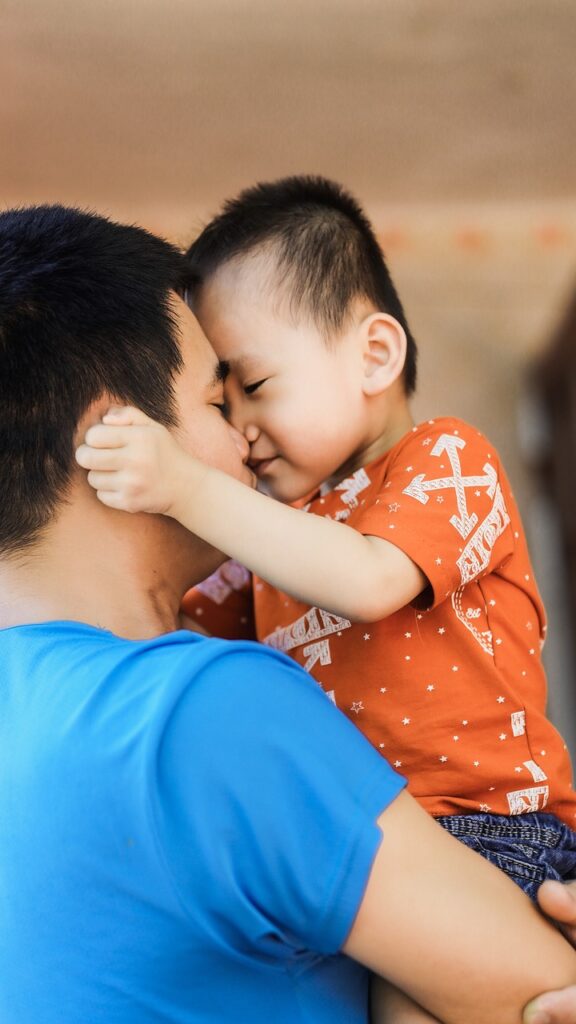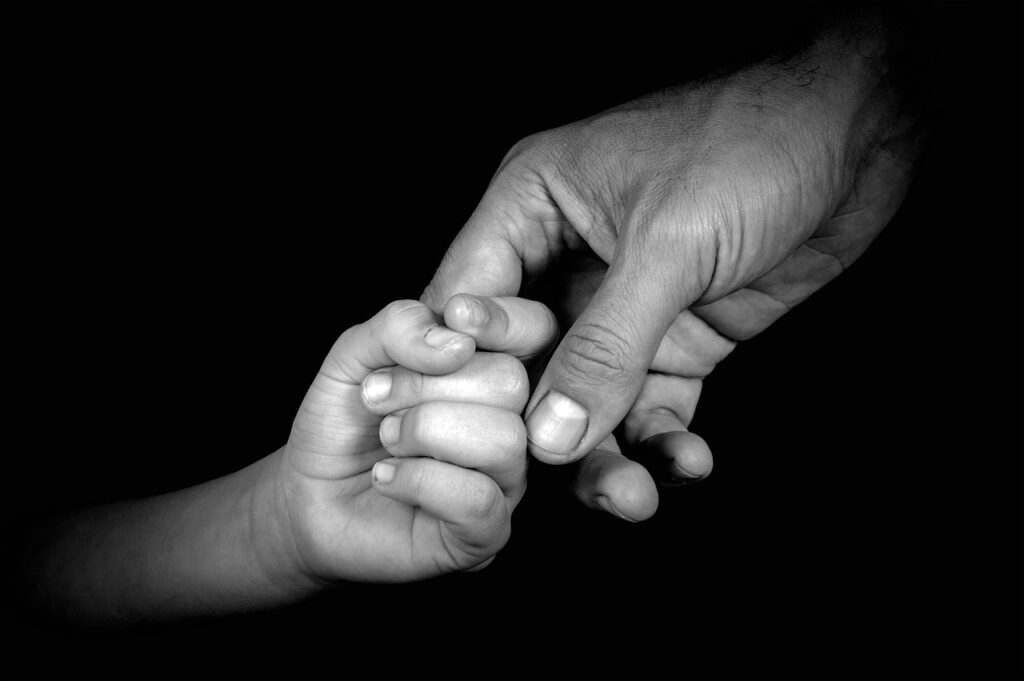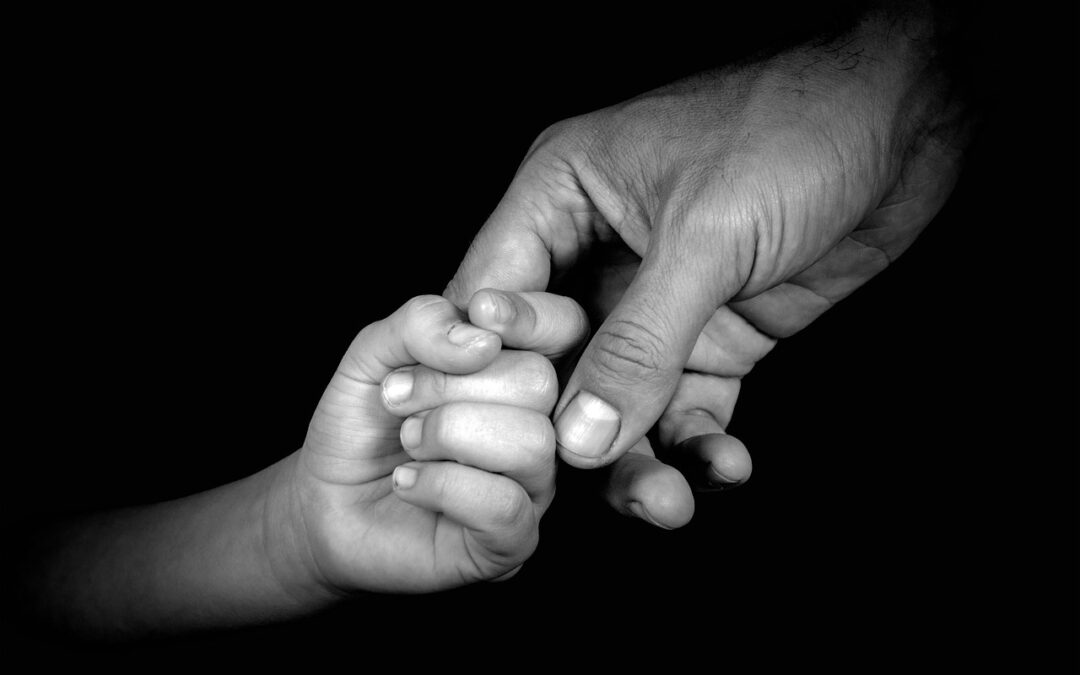What does it mean to be a father in today’s world?
The concept of fatherhood is intricately woven into the fabric of family life. It represents not just a biological connection, but a profound commitment to nurturing, guiding, and mentoring the next generation. In this exploration of fatherhood fundamentals, we will unpack the various aspects that define this critical role, shedding light on its impact on families and society at large.
Understanding Fatherhood
Fatherhood is more than a societal expectation; it’s a dynamic role that evolves over time. Fathers play various roles, from providers to protectors, educators to emotional anchors. Understanding fatherhood involves recognizing these roles and how they incorporate into family dynamics.
Traditional vs. Modern Fatherhood
Historically, fatherhood was often associated with the role of the breadwinner. In contrast, modern fatherhood embraces a more expansive view that incorporates emotional engagement, active participation in child-rearing, and a partnership model with co-parents.
- Traditional Fatherhood: Often centered around financial provision, discipline, and a distant emotional presence.
- Modern Fatherhood: Emphasizes emotional availability, shared responsibilities, and an active presence in children’s lives.
Both styles have their merits and drawbacks, and understanding these can help guide your approach to being a father.
The Foundations of Fatherhood
Every parent’s journey is unique, but certain foundational principles are universally applicable. These principles help define effective fatherhood and shape a child’s development.
Emotional Support
Providing emotional support is at the heart of fathering. Your ability to be present for your children—listening to their fears, joys, and concerns—fosters a sense of security and trust.
- Active Listening: Engaging in conversations without distractions demonstrates to your child that their feelings matter.
- Validation: Acknowledging their feelings and experiences helps to build their self-esteem and emotional intelligence.
Role Modeling
Fathers serve as important role models. Your behavior, choices, and values set the benchmark for how your children perceive the world and navigate their own lives.
- Integrity and Honesty: Demonstrating these traits teaches your child their importance in relationships.
- Work Ethic: Exhibiting dedication to tasks instills a sense of discipline and responsibility.
Guidance and Education
Education is not confined to academics; it involves teaching life skills, social norms, and problem-solving techniques.
- Teaching Through Experience: Involving your child in everyday activities—cooking, budgeting, or fixing things—provides invaluable lessons.
- Discussing Values: Initiating conversations about ethics and responsibilities helps instill a moral compass.

This image is property of pixabay.com.
The Role of Fathers in Child Development
Fatherhood has a significant impact on various aspects of child development. Your involvement can affect everything from emotional stability to academic performance.
Cognitive Development
Research shows that fathers contribute to cognitive development through interactive play, storytelling, and discussions. Engaging intellectually with your child promotes curiosity and critical thinking.
- Play-Based Learning: Activities that involve problem-solving, strategizing, and teamwork enhance cognitive functions.
- Encouragement of Questions: Responding positively to inquiries nurtures an inquisitive mindset.
Social Development
Fathers play a crucial role in introducing children to social interactions and relationships. The skills learned from fathers can shape your child’s abilities to navigate friendships and social settings.
- Modeling Social Skills: By demonstrating effective communication, empathy, and conflict resolution, you equip your child with the tools needed for healthy relationships.
- Encouragement of Independence: Allowing your child the space to make their own choices fosters resilience and self-esteem.
Emotional Resilience
A strong father figure can significantly contribute to a child’s emotional stability. Your emotional investment in your child’s life helps them cultivate resilience.
- Encouraging Expression: Creating a safe space for emotional sharing improves your child’s ability to manage feelings.
- Teaching Coping Mechanisms: Guiding your child on how to handle setbacks reinforces their ability to cope with life’s challenges.
The Importance of Active Involvement
Active involvement in your child’s life cannot be overstated. It influences their perception of family and personal relationships, helping to create a more cohesive family unit.
Daily Engagement
Daily activities provide numerous opportunities for interaction and bonding. Whether it is bedtime stories, school pick-ups, or family dinners, these moments strengthen your connection.
- Consistent Routines: Establishing predictable routines conveys security and reliability.
- Participating in Interests: Sharing in your child’s hobbies or interests promotes mutual enjoyment and understanding.
School Involvement
Being involved in your child’s education signals to them that learning is important. However, it goes beyond just attendance during parent-teacher conferences.
- Homework Help: Offering support with school assignments fosters academic growth and reinforces your commitment to their education.
- Extracurricular Activities: Encouraging participation in sports, music, or arts helps your child develop talents and interests.

This image is property of pixabay.com.
Communication Strategies for Effective Fatherhood
Effective communication serves as the cornerstone of a strong parent-child relationship. Developing strategies that promote open dialogue can transform interactions into meaningful exchanges.
Honest Conversations
Creating an environment where honest conversations can flourish is crucial. Providing a safe space encourages your child to share their thoughts and feelings.
- Open-Ended Questions: Instead of yes/no questions, ask your child to express themselves in more detail. For example: “What was the best part of your day?”
- Sharing Your Thoughts: By being open about your feelings and experiences, you encourage your child to reciprocate.
Non-Verbal Communication
Your body language, facial expressions, and tone all play significant roles in communication. Being aware of your non-verbal cues can enhance your interactions with your child.
- Eye Contact: Maintaining eye contact during conversations indicates attentiveness and respect.
- Positive Body Language: Using open and inviting gestures creates an atmosphere of comfort.
The Challenges of Modern Fatherhood
Modern fatherhood comes with its challenges, many of which evolve as societal norms change. Navigating these difficulties is part of the journey.
Balancing Work and Family Life
With increasing demands from both work and home, finding the right balance can be challenging. However, prioritizing family time is essential.
- Setting Boundaries: Establishing time limits for work-related tasks helps cultivate family connections.
- Quality over Quantity: Making the most of the time you have together is more valuable than the duration.
Coping with Societal Pressures
The pressure to be a ‘perfect’ father can be overwhelming. It is important to remember that imperfections are part of the journey.
- Embrace Authenticity: Allow yourself to be vulnerable with your children. Share your experiences, including failures, to foster a realistic understanding of life.
- Seek Support: Engaging in parenting groups or seeking counseling can help you navigate these pressures.

This image is property of pixabay.com.
Building a Supportive Network
Fatherhood doesn’t occur in isolation. Building a support network enables you to share experiences, advice, and resources.
Engaging with Other Fathers
Connecting with other fathers can provide valuable insight and camaraderie. They can offer support, share challenges, and celebrate triumphs.
- Fatherhood Groups: Participating in local or online parenting groups creates a sense of community.
- Networking with Friends: Leveraging your existing friendships can enhance your support system.
Including Partners and Family
Fostering strong relationships with your partner and extended family creates a unified front in parenting.
- Co-Parenting Discussions: Maintaining open dialogues with your partner about parenting approaches can minimize conflicts and create consistency.
- Grandparents’ Involvement: Grandparents can offer additional perspectives and support, enriching the child’s upbringing.
Conclusion
Fatherhood is a lifelong commitment that encompasses a wide array of responsibilities, joys, and challenges. Embracing the fundamentals of fatherhood allows you to be present for your children and nurture their growth effectively. By promoting emotional support, modeling healthy behaviors, engaging actively in their lives, and maintaining open communication, you can shape a loving family environment that benefits everyone. The journey of fatherhood is not linear; it is an ongoing process of learning, adapting, and growing alongside your children. In the end, it is the connections forged and the lessons imparted that will resonate through generations.


